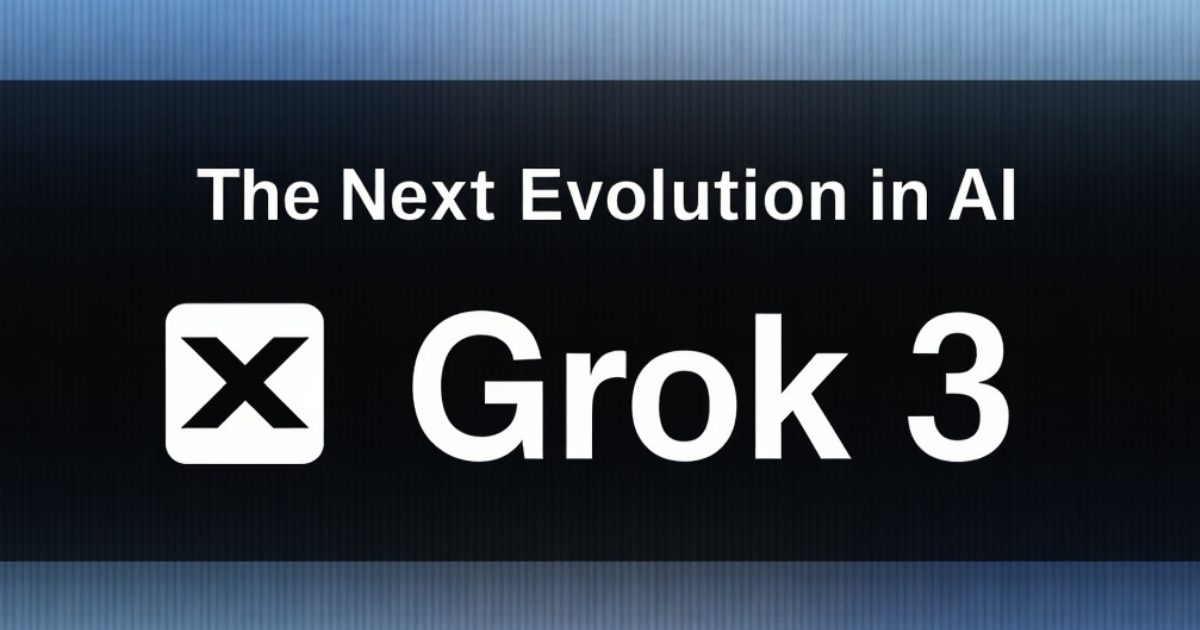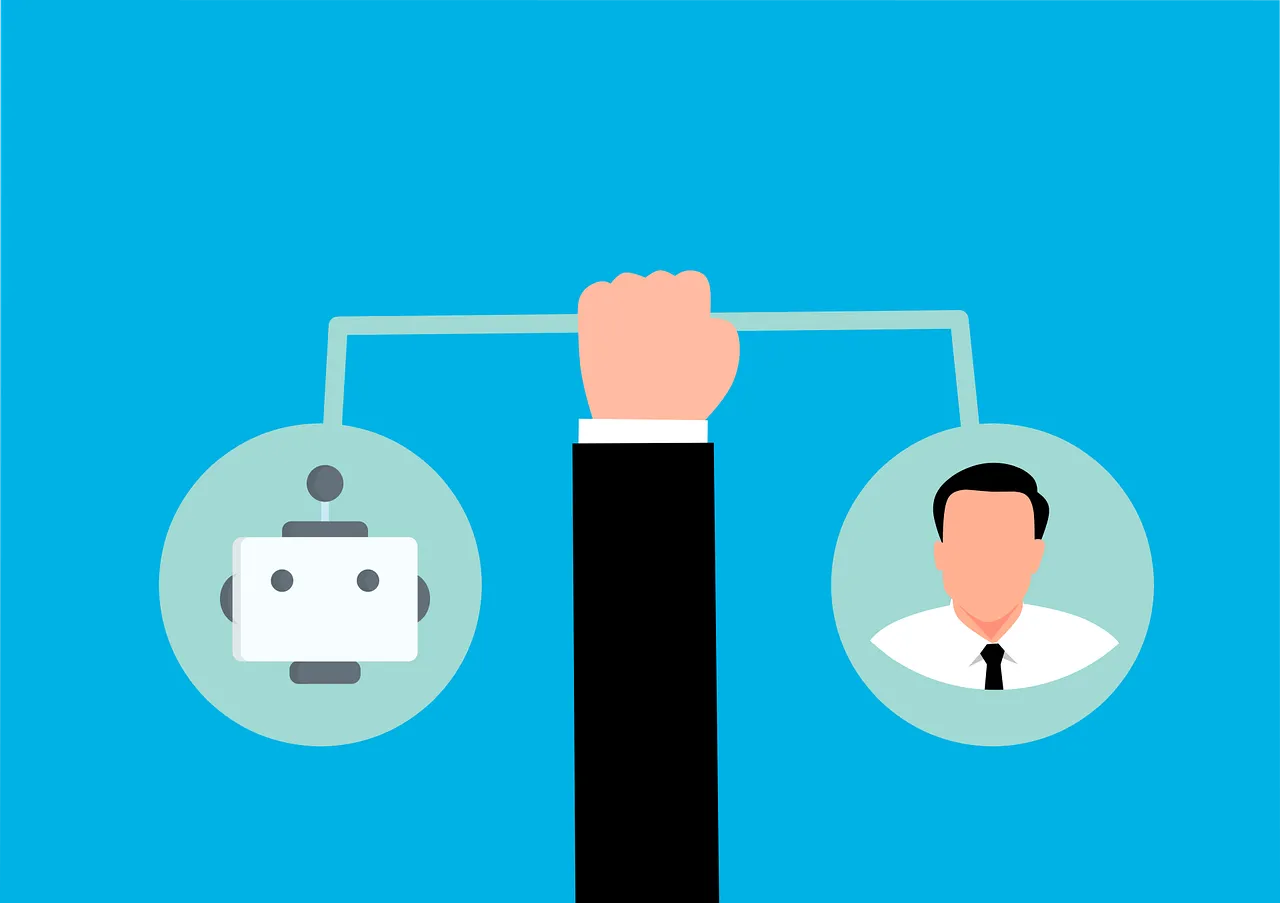What is Artificial Intelligence and How does it work
What is Artificial Intelligence

Artificial Intelligence (AI) isn’t about robots taking over the world (at least not yet!). It’s a branch of computer science focused on creating intelligent machines capable of tasks that typically require human-like thinking. This can include problem-solving, decision-making, learning, and even creativity.
Here’s a breakdown of AI and how it works:
The Core of Artificial Intelligence: Algorithms and Learning
Imagine a computer program that can analyze mountains of data, identify patterns, and even learn from its mistakes. That’s the basic idea behind Artificial Intelligence . Here’s how it achieves this:
- Algorithms: These are sets of instructions that tell the computer how to process information. AI algorithms are specifically designed to learn and improve over time. Machine learning and deep learning are two powerful techniques used in Artificial Intelligence .
- Machine Learning: This allows AI to learn from data without being explicitly programmed. Imagine feeding an AI program millions of cat pictures – it can then learn to identify cats in new images on its own.
- Deep Learning: Inspired by the structure and function of the human brain, deep learning uses artificial neural networks to process information. This allows Artificial Intelligence to tackle complex tasks like image recognition and natural language processing.
Different Types of Artificial Intelligence for Different Jobs
AI isn’t a one-size-fits-all solution. There are different types of Artificial Intelligence systems, each with its strengths and limitations:
- Reactive Machines: These are the simplest form of Artificial Intelligence . Think of a chess-playing program that reacts based on pre-programmed rules. They can’t learn or adapt to new situations.
- Limited Memory AI: These systems can learn from past experiences stored in their “memory.” For example, self-driving car algorithms use this to adjust to changing traffic conditions.
- Theory-of-Mind AI (Under Development): This advanced AI aims to understand human emotions and intentions. Imagine an AI that can anticipate your needs or negotiate based on human psychology.
- Self-Aware AI (Future Concept): This science fiction concept envisions AI with consciousness and self-awareness. While exciting, it remains largely theoretical for now.
The Real-World Impact of Artificial Intelligence
AI is no longer confined to research labs. It’s transforming numerous industries:
- Healthcare: AI analyzes medical images, identifies diseases early, and personalizes treatment plans for patients.
- Finance: AI assists banks in detecting fraud, managing data, and streamlining credit scoring processes.
- Manufacturing: AI robots perform complex tasks on assembly lines, optimizing production efficiency.
- Retail: AI powers recommendation engines for online stores, suggesting products tailored to your preferences.
- Transportation: Self-driving cars powered by AI could revolutionize transportation, making roads safer and commutes more efficient (still under development).
The Future of Artificial Intelligence
The potential applications of AI are vast and constantly evolving. Here are some exciting possibilities on the horizon:
- Personalized Education: AI tutors can tailor learning experiences to each student’s needs.
- Scientific Discovery: AI can analyze complex scientific data sets, potentially leading to groundbreaking discoveries.
- Creative Applications: AI can assist with tasks like music composition or writing, pushing the boundaries of creative expression.
As AI technology continues to develop, it has the potential to reshape our world in profound ways. It’s important to remember that AI is a tool, and its impact depends on how we develop and use it.
Artificial intelligence (AI) has a wide range of applications across various industries, transforming how we work, live, and interact with technology. Here’s a breakdown of some key areas where AI is making a significant impact:
Enhancing Efficiency and Productivity:
- Manufacturing: AI robots can perform complex tasks on assembly lines with incredible precision and speed, optimizing production efficiency and reducing human error.
- Logistics and Supply Chain Management: AI algorithms can analyze vast amounts of data to optimize delivery routes, predict inventory needs, and streamline logistics operations.
- Customer Service: Chatbots powered by AI can answer customer questions, troubleshoot issues, and provide 24/7 support, improving customer experience and reducing wait times.
Revolutionizing Healthcare:
- Medical Imaging Analysis: AI can analyze medical images like X-rays, MRIs, and CT scans with high accuracy, allowing for earlier disease detection, improved diagnosis, and personalized treatment plans.
- Drug Discovery and Development: AI can analyze vast datasets of scientific research and patient data to accelerate drug discovery and development processes.
- Robot-Assisted Surgery: AI-powered surgical robots can assist surgeons with increased precision and minimally invasive procedures, leading to faster patient recovery times.
Transforming Entertainment and Media:
- Recommendation Engines: AI powers recommendation engines for streaming services like Netflix and Spotify, suggesting movies, music, and shows tailored to your preferences. This personalizes your entertainment experience and helps you discover new favorites.
- Content Creation: AI can assist with creative tasks like music composition, writing scripts, and generating visual effects, pushing the boundaries of creative expression.
- Gaming: AI can be used to create more realistic and challenging game opponents, personalizing the gaming experience for users.
Shaping the Future of Transportation:
- Self-Driving Cars: AI is at the forefront of self-driving car technology, using sensors and algorithms to navigate roads, interpret traffic signals, and make real-time decisions, potentially revolutionizing transportation and improving road safety. (Still under development, but with significant progress)
- Traffic Management: AI can analyze traffic patterns in real-time to optimize traffic flow, reduce congestion, and improve overall transportation efficiency.
Other Emerging Applications:
- Personalized Education: AI tutors can tailor learning experiences to each student’s needs and learning style, providing a more effective and engaging educational experience.
- Scientific Discovery: AI can analyze complex scientific data sets from various fields like astronomy, biology, and physics, potentially leading to groundbreaking discoveries.
- Financial Services: AI helps financial institutions detect fraud, manage risk, and personalize financial products for customers.
This is just a glimpse into the vast potential of AI. As the technology continues to evolve, we can expect even more innovative applications that will impact every aspect of our lives. It’s important to have ongoing discussions about the ethical considerations and responsible development of AI to ensure its positive impact on society.
What is Artificial Intelligence What is Artificial Intelligence What is Artificial Intelligence What is Artificial Intelligence What is Artificial Intelligence


